Ayya Khema - Visible Here and Now: The Buddhas Teachings on the Rewards of Spiritual Practice
Here you can read online Ayya Khema - Visible Here and Now: The Buddhas Teachings on the Rewards of Spiritual Practice full text of the book (entire story) in english for free. Download pdf and epub, get meaning, cover and reviews about this ebook. year: 2022, publisher: Shambhala, genre: Children. Description of the work, (preface) as well as reviews are available. Best literature library LitArk.com created for fans of good reading and offers a wide selection of genres:
Romance novel
Science fiction
Adventure
Detective
Science
History
Home and family
Prose
Art
Politics
Computer
Non-fiction
Religion
Business
Children
Humor
Choose a favorite category and find really read worthwhile books. Enjoy immersion in the world of imagination, feel the emotions of the characters or learn something new for yourself, make an fascinating discovery.
- Book:Visible Here and Now: The Buddhas Teachings on the Rewards of Spiritual Practice
- Author:
- Publisher:Shambhala
- Genre:
- Year:2022
- Rating:4 / 5
- Favourites:Add to favourites
- Your mark:
Visible Here and Now: The Buddhas Teachings on the Rewards of Spiritual Practice: summary, description and annotation
We offer to read an annotation, description, summary or preface (depends on what the author of the book "Visible Here and Now: The Buddhas Teachings on the Rewards of Spiritual Practice" wrote himself). If you haven't found the necessary information about the book — write in the comments, we will try to find it.
The suttaincluded here in the translation by Bhikkhu Bodhicontains the Buddhas teachings in response to questions posed by King Ajatasattu. Why, the king asked, should we give up the satisfactions of worldly life and devote ourselves to meditation? What are the tangible benefits to be gained from following the Buddhas way? In answering this question, the Buddha provides a compact synopsis of the entirety of the spiritual path, and Ayya Khema expands on this with her characteristic approachsimple, direct, experiential, and loving.
An important aspect of the sutta is an account of the eight meditative absorptions, or jhanasstates of mind that bring joy, serenity, and peace and that open the way to clarity and liberation. Ayya Khema, who was herself adept at the eight absorptions, confidently leads the reader to, through, and beyond the jhanas, following the Buddhas plan. Her words have the effect of inspiring us to roll up our sleeves and get to work so that we may grasp the insights, accomplish the meditative goals, and become enlightened to the highest extent of our talents and efforts.
Ayya Khema: author's other books
Who wrote Visible Here and Now: The Buddhas Teachings on the Rewards of Spiritual Practice? Find out the surname, the name of the author of the book and a list of all author's works by series.

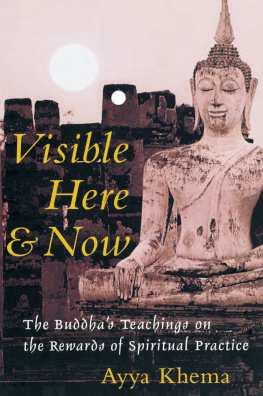

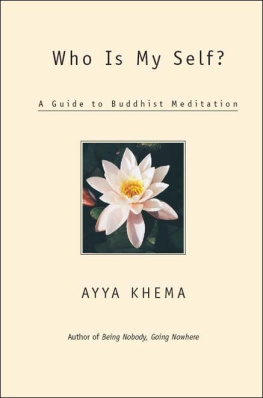



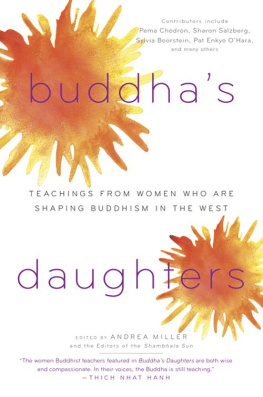
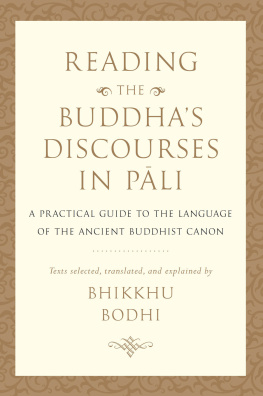
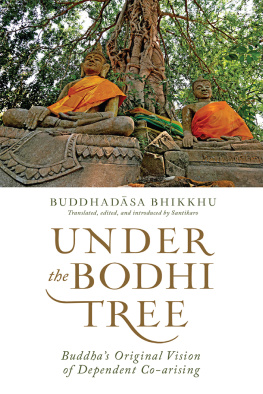
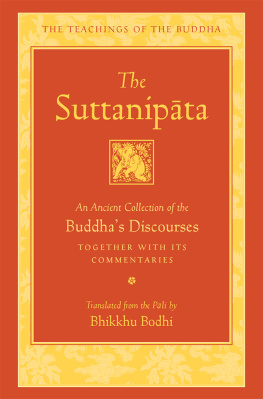
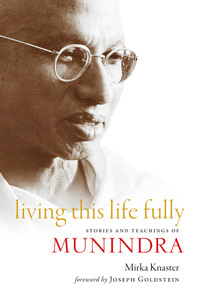

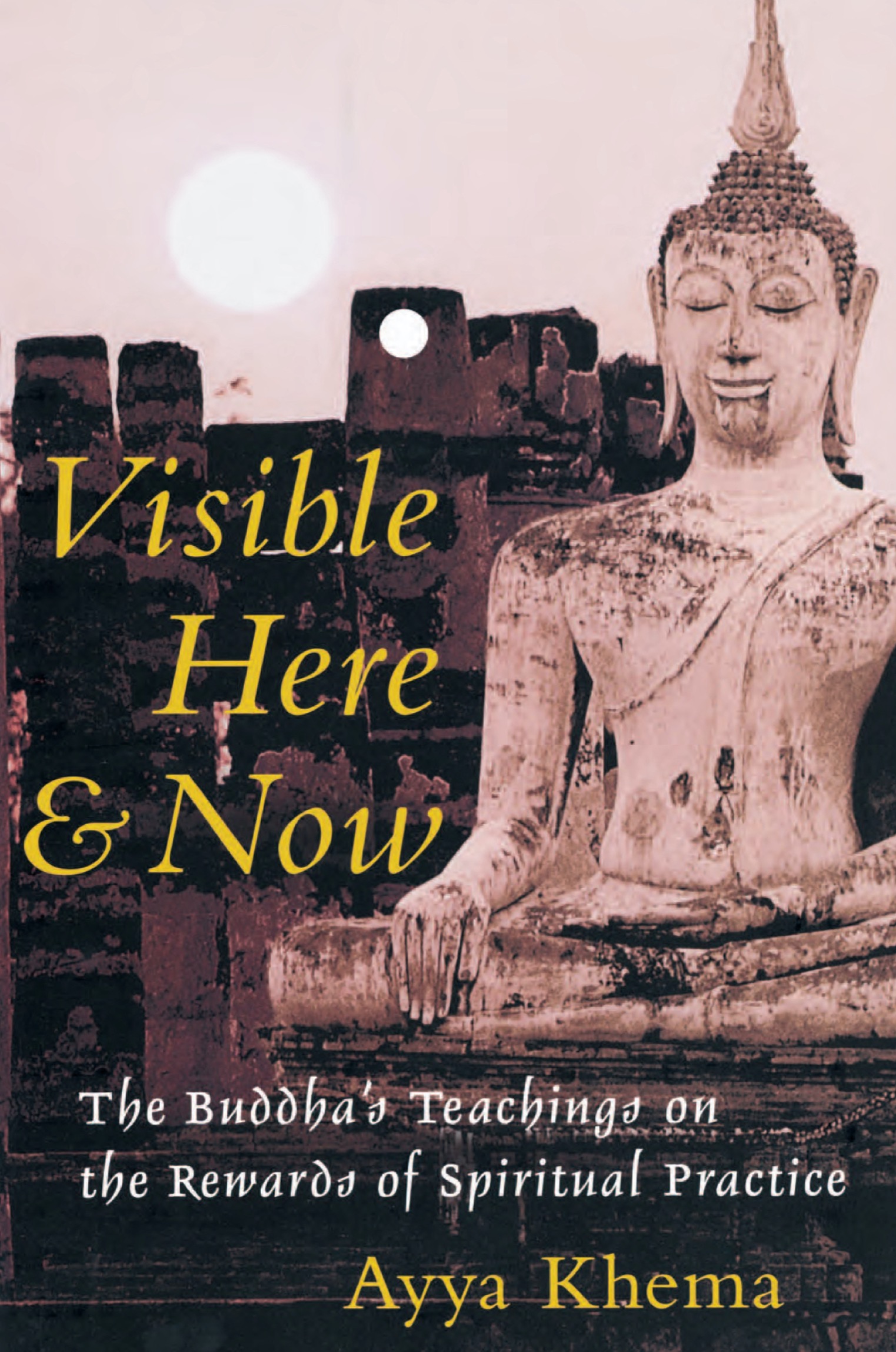
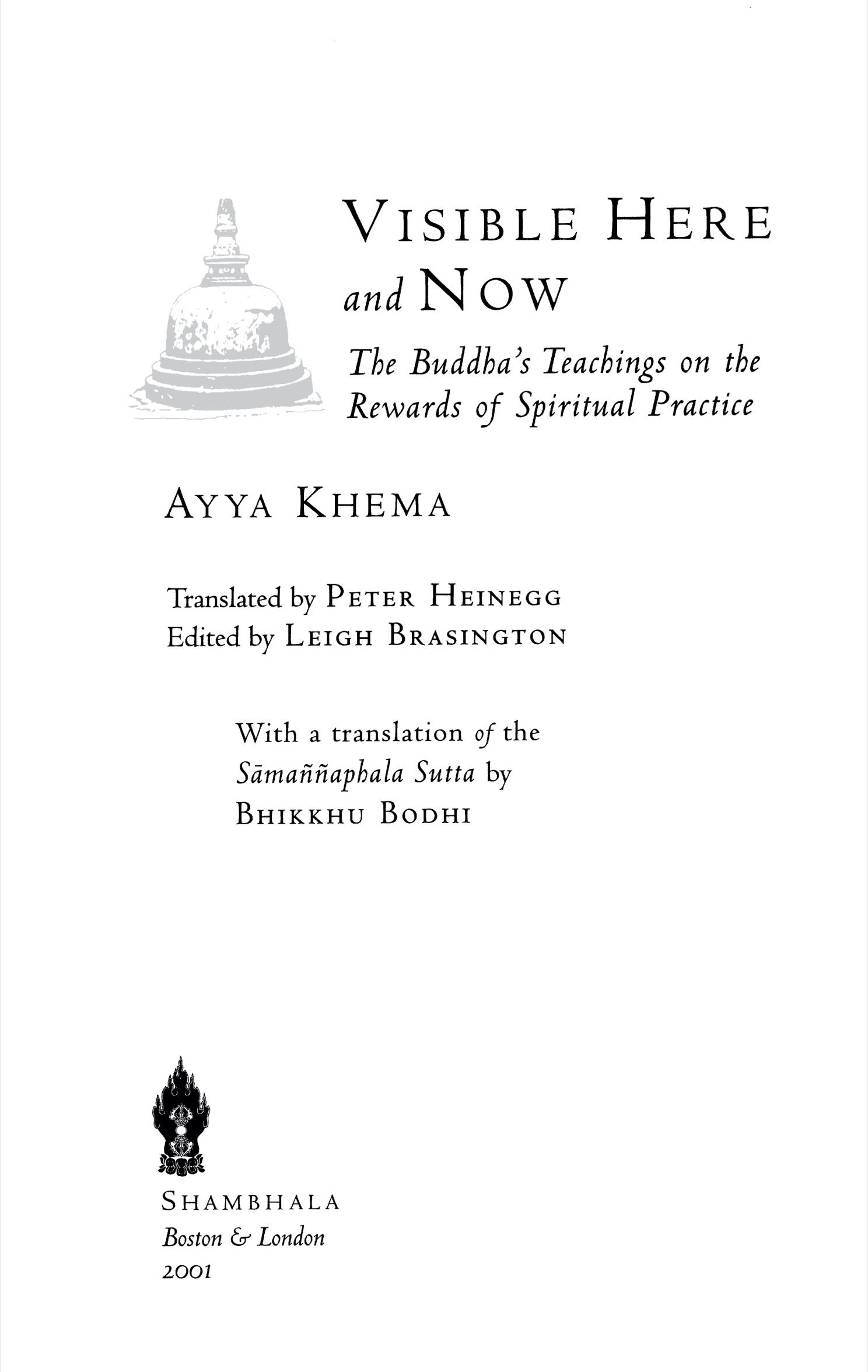
 C ONTENTS
C ONTENTS